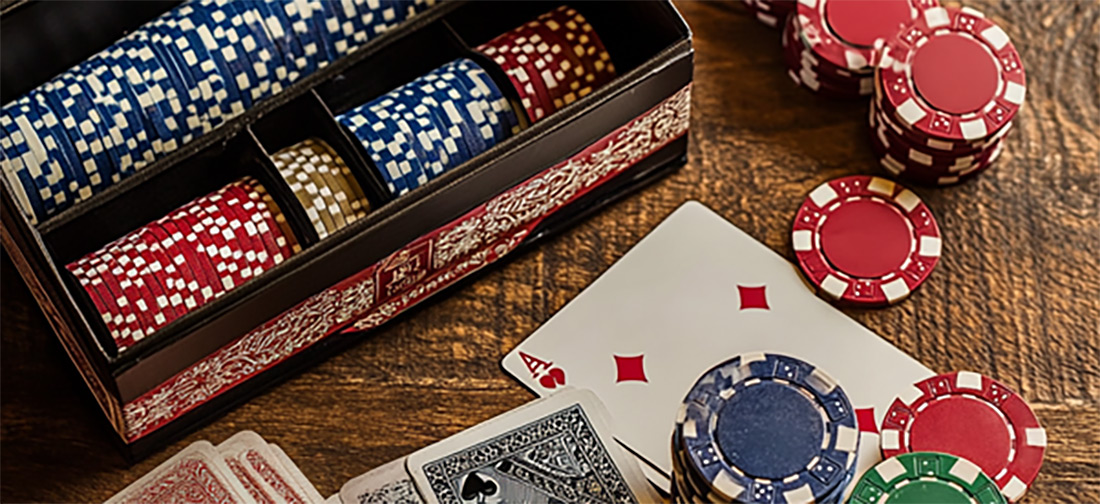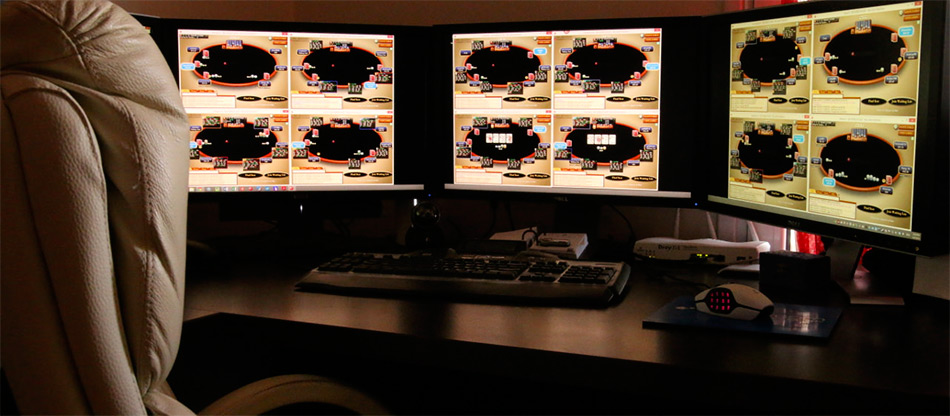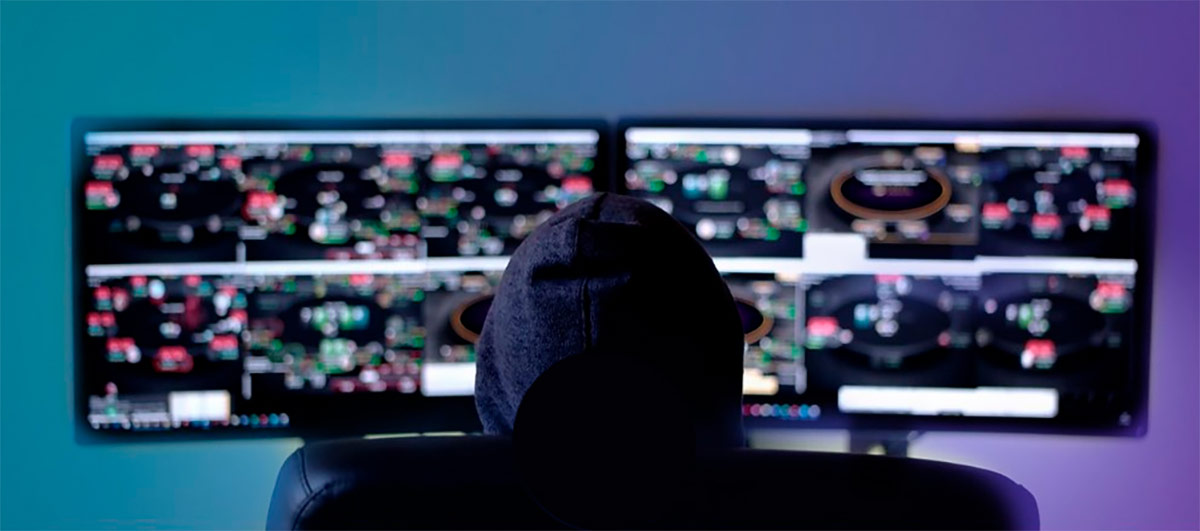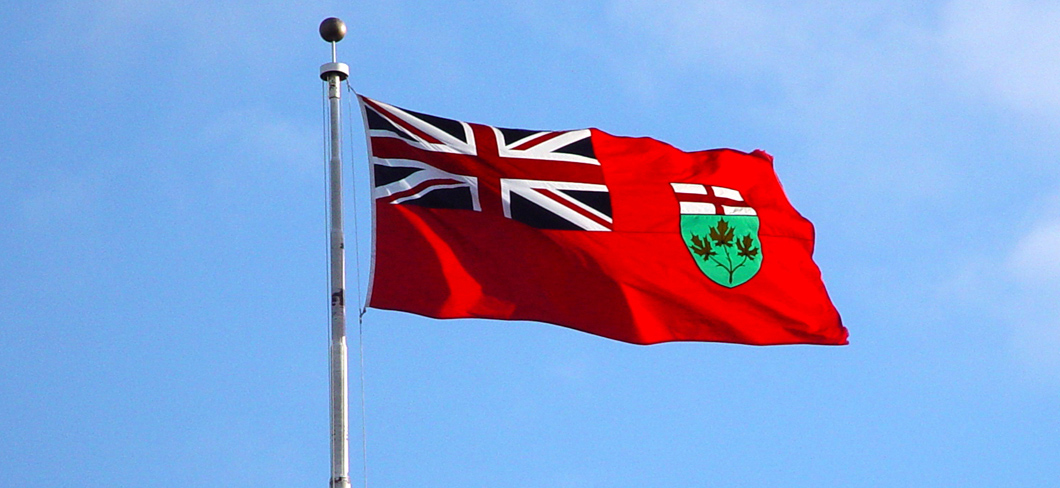
Poker has come a long way on its journey from a table game in the 1700s to a global game played on laptops and mobile phones. The tale is one full of twists and big moments. The game has travelled across continents and continually adapted to new technologies
It's still the same at its core, and the principles remain pretty much the same as players rely on strategy and a bit of luck… but the way it's played and who plays it have changed dramatically. The evolution of poker is an ongoing thing.
A Game on the Move
So, how did we get to the world of poker we know today? When people think of poker now, they think of a game that is super accessible to most. It is easier than ever to play the game. And as well as playing in-person poker games, there have been a lot of other ways that people can access the game, including mobile (more on that later). People who choose to play mobile poker games and tournaments will be able to do this when they are on the go. Even travelling on a bus or sitting in a waiting room provides options for players. Nobody could have predicted how far the game would have come…
Poker’s roots are debated and spread across different cultures. Some trace its origins back to a Persian game called As Nas, while others link it to a French game called Poque. Wherever it started, the version that started to take shape in North America during the 1800s is the one that grew into what we know now. It spread down the Mississippi River and became even more popular.
As people moved, so did poker. People brought it to new cities and new corners of the world. Rules evolved. Variants like Texas Hold’em began to pop up, offering fresh ways to play. Poker changed with each new place it touched, gradually transforming into a game of skill.
The Online Revolution
The biggest leap, though, didn’t come until the internet entered the scene. That’s when everything exploded. In the late 1990s and early 2000s, online poker rooms started to appear. Suddenly, anyone with a computer and a dial-up connection could sit down at a virtual table. No need to find a local casino or organize a game night. Just log in and start playing.
Suddenly, there were new strategies. New data. A faster pace. And more people than ever were taking the game seriously. The game’s community grew rapidly, now made up of players from all over the world. Borders didn’t matter. Time zones didn’t matter. Poker had gone global in a way it never had before.
We see this more than ever now. The community is going strong, and influencers regularly share their experiences of playing poker online.
Enter the Mobile Era
As people got comfortable playing from laptops and desktops, mobile technology stepped in and shook things up again. Smartphones and tablets turned poker into something even more accessible. Now, people could play from a train or just while on the couch watching television.
But mobile didn’t just make it easier to play. It changed the design and feel of the game, too. User interfaces got cleaner and more intuitive. Games became faster. Notifications reminded players to return. People who might never have opened a laptop to play poker suddenly tapped away at hands in spare moments during the day.
This version of poker had more than just convenience. It came with fresh types of competition and new tournaments that people could get involved in.
A Game Always Evolving
Poker has always had to adapt. That’s part of what keeps it alive. From the early days of cards on a dusty table to sleek mobile apps with bright designs and instant matchmaking, the game has never stayed still for long.
Technology hasn’t just changed how poker is played. It’s influenced how it’s taught and shared. The best to play the game may even share their own skills via Masterclasses. The likes of Dan Negreanu and Phil Ivey have done exactly that.
Even the idea of who plays poker has shifted. Once the domain of a niche crowd, it's now something many people try at least once. Whether it's a quick round on a phone or a deep dive into long sessions at a desktop setup, poker has found a way into the homes (and pockets) of more people.
It’s a game with history, but one that has become very modern and much simpler for people to play now. And it continues to find new ways to stay relevant in a world where people have more game options than ever before. Who knew poker could compete on this huge digital stage?




